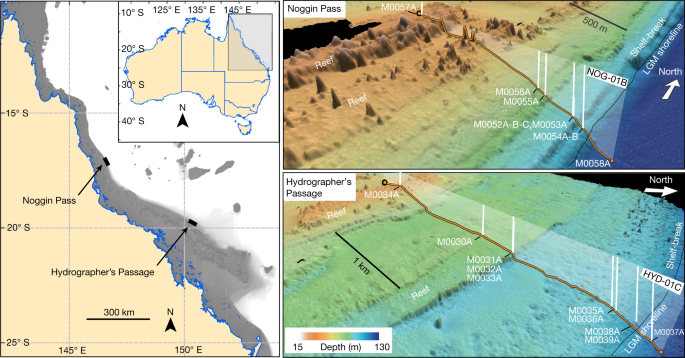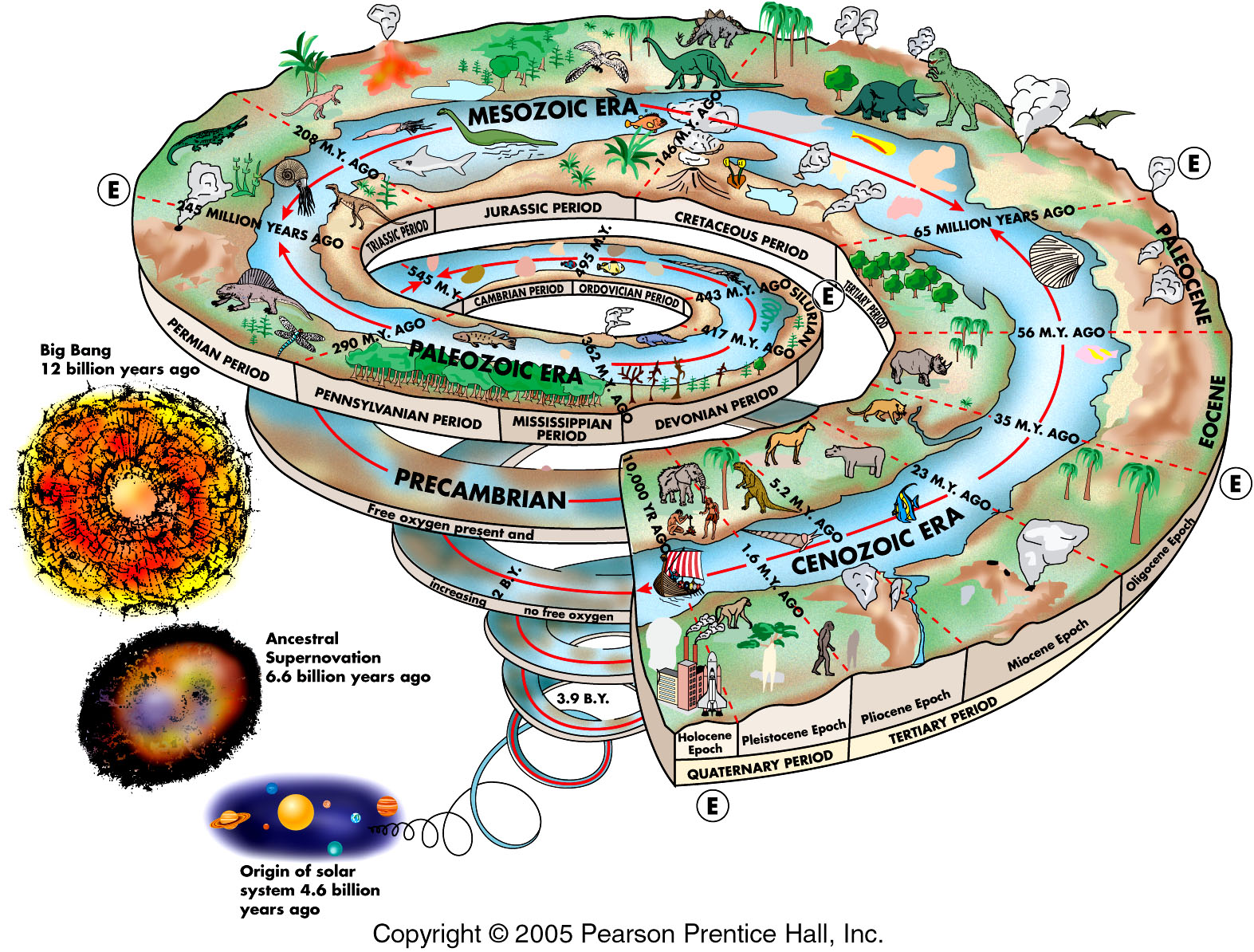Dutch Uncle
* Tertia Optio * Defend the Constitution
Modern human beings, Homo sapiens sapiens, have been around for about 300,000 years. Although fossils have been found, no records of civilizations older than about 10,000 years have been found. While it's possible human beings just lived in primitive tribes for 290,000 years, considering the advancements humans have made in the last 6,000 years, it's also possible that humans advanced to modern levels before being knocked back to the stone age. Hence, the Silurian hypothesis of looking for evidence of such advancements even further back than 300,000 years.

 www.smithsonianmag.com
Our ancestors used stone tools as long as 3.3 million years ago and by 1.75 million years ago they’d adopted the Acheulean culture, a suite of chunky handaxes and other cutting implements that remained in vogue for nearly 1.5 million years. As recently as 400,000 years ago, thrusting spears used during the hunt of large prey in what is now Germany were state of the art. But they could only be used up close, an obvious and sometimes dangerous limitation.
www.smithsonianmag.com
Our ancestors used stone tools as long as 3.3 million years ago and by 1.75 million years ago they’d adopted the Acheulean culture, a suite of chunky handaxes and other cutting implements that remained in vogue for nearly 1.5 million years. As recently as 400,000 years ago, thrusting spears used during the hunt of large prey in what is now Germany were state of the art. But they could only be used up close, an obvious and sometimes dangerous limitation.
 www.cambridge.org
www.cambridge.org

An Evolutionary Timeline of Homo Sapiens
Scientists share the findings that helped them pinpoint key moments in the rise of our species
The Silurian hypothesis: would it be possible to detect an industrial civilization in the geological record? | International Journal of Astrobiology | Cambridge Core
The Silurian hypothesis: would it be possible to detect an industrial civilization in the geological record? - Volume 18 Issue 2




